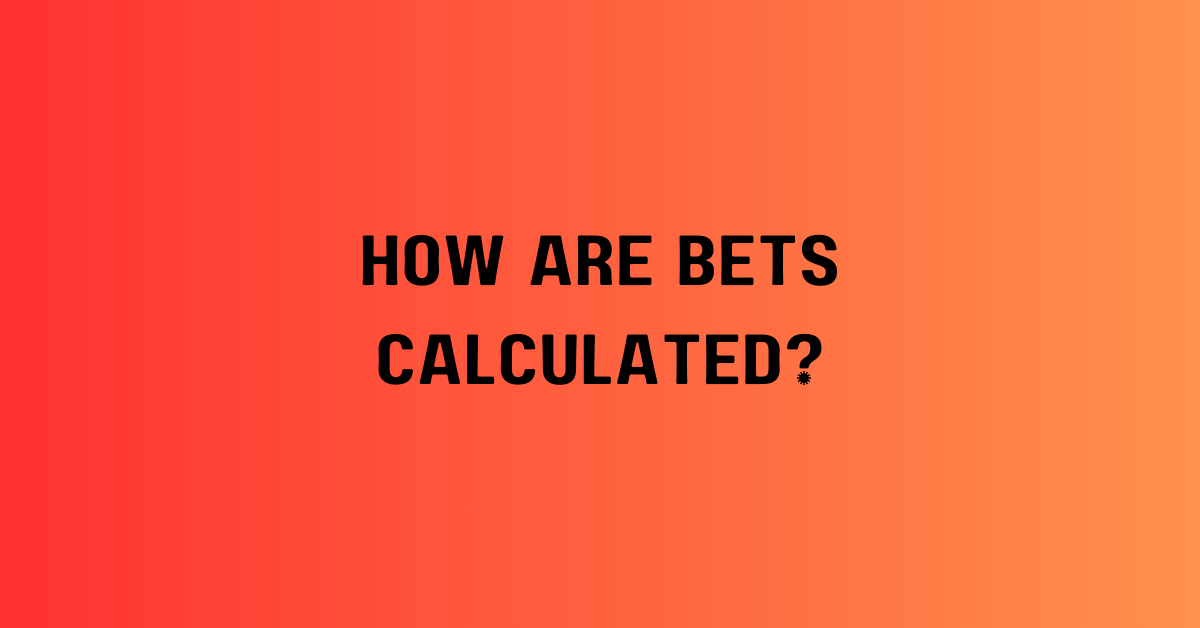Explanation of Betting Odds
Betting odds are numerical representations of the likelihood of a specific outcome occurring in a sports event or any other form of gambling activity. They help bettors understand the potential returns on their wager based on the probability of the event happening. In most cases, betting odds are presented in one of three formats: fractional, decimal, or American odds.
Fractional odds, commonly used in the UK, are expressed in the form of a fraction such as 2/1 or 5/2. These odds indicate the potential profit you can make if your bet wins, relative to your stake. For example, if you bet $10 at odds of 2/1 and win, you would receive $20 profit plus your initial $10 stake back, making a total return of $30. Decimal odds, popular in Europe, are presented in the decimal format, with the total potential return including your stake. For instance, odds of 3.00 mean that if you bet $10 and win, you would receive a total of $30 including your $10 stake. On the other hand, American odds are displayed as positive or negative numbers, indicating the profit you can make on a $100 bet or the amount you need to bet to win $100, respectively.
Understanding Implied Probability
Implied probability is a concept crucial in the world of betting. It represents the likelihood of an event happening according to the odds set by bookmakers. Understanding implied probability is essential for bettors to make informed decisions when placing their bets. Essentially, it helps bettors assess whether the odds offered by bookmakers accurately reflect the actual probability of an outcome occurring.
When bookmakers set odds for an event, they are essentially assigning a probability to each potential outcome. Implied probability is calculated by converting betting odds into percentages. The higher the odds offered by the bookmaker, the lower the implied probability of that outcome occurring. Conversely, lower odds imply a higher probability. By understanding implied probability, bettors can determine whether a bet offers value or not based on their own assessment of the actual chances of an outcome happening.
Factors Affecting Betting Odds
When it comes to sports betting, there are several key factors that influence betting odds. One of the most significant factors is the perceived strength of the teams or players involved in the match. Teams or players with a strong track record and excellent performance statistics are likely to have lower odds, reflecting the higher probability of them winning.
Another crucial factor that affects betting odds is the amount of money wagered on a particular outcome. As more bets are placed on a specific team or player, the odds for that outcome may shorten due to the increased demand. Conversely, if there is minimal betting activity on a particular outcome, the odds may lengthen to attract more bets and balance the bookmakers’ liabilities.
Types of Bets in Gambling
When it comes to gambling, there is a wide range of bet types available for betting enthusiasts to choose from. One common type is the straight bet, where you simply pick a team or individual to win the game or event. Another popular option is the point spread bet, where the sportsbook sets a margin of victory that the favored team must win by in order to cover the spread. Placing an over/under bet involves predicting whether the total points scored in a game will be over or under a specified number.
Proposition bets, also known as prop bets, are wagers that are placed on specific outcomes within a game or event. These can range from predicting the first player to score a goal to guessing the number of three-pointers made in a basketball game. Parlay bets involve combining multiple individual bets into one, with all selections needing to win in order to receive a payout. Teaser bets allow bettors to adjust the point spread or total line in their favor, but they must win all selections for a payout.
Calculating Decimal Odds
To calculate decimal odds in betting, you need to divide the total payout by the amount wagered. For example, if you bet $100 on an event with decimal odds of 2.50, the potential payout would be $250 (100 x 2.50). This includes your initial bet amount plus the profit you would make if your bet wins.
Decimal odds are essentially the decimal representation of the fractional odds plus one. So, if fractional odds are 3/1, the decimal odds would be 4.00 (3 + 1). Understanding how to calculate decimal odds is important for bettors to accurately assess the potential returns on their bets and make informed decisions when placing wagers.















